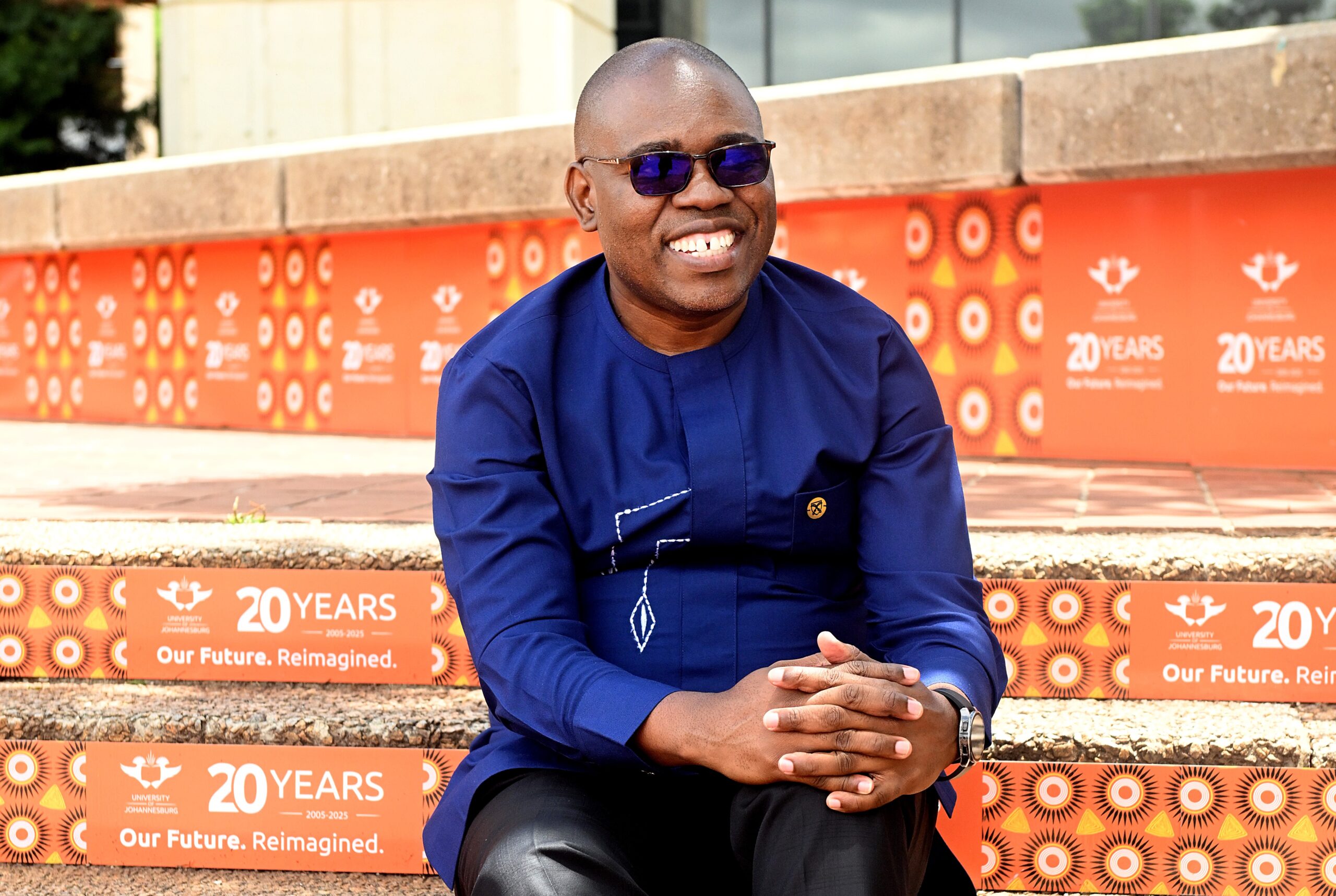Professor Adekeye Adebajo, Director of the University of Johannesburg’s Institute for Pan-African Thought and Conversation (IPATC) recently penned an opinion article published in the Business Day on 6 May 2019.
There have been many comparisons between the current revolutions in Sudan and Algeria, and the “Afro-Arab Spring” that toppled mummified autocrats in Tunisia, Egypt, and Libya in 2011. The martyrdom of a 26-year old fruit vendor, Mohamed Bouazizi, in the Tunisian city of Sidi Bouzid had triggered the revolutions. In all of these cases, technology-wielding, disaffected youths formed the vanguard of popular uprisings that led to military brass hats turning against long-ruling autocrats: Tunisia’s Ben Ali, Egypt’s Hosni Mubarak, and Libya’s Muammar Qaddafi.
Both Sudan and Algeria historically established strong resistance movements that fought British and French colonialism. Sudan and Algeria also had long-ruling autocrats who were forced to resign within a week of each other: the fall of the 30-year reign of Sudan’s 75-year old Omar al-Bashir followed that of the 20-year rule of Algeria’s 82-year old Abdelaziz Bouteflika, who has been in a wheelchair since 2013 following a debilitating stroke. Both countries have a massively corrupt and nepotistic “deep state” of securocrats, spooks, politicians, and businessmen. Both had strong Islamic parties that were smashed, and a squabbling, divided opposition, some of whose members were co-opted by the ruling elite.
Both post-independence Sudan and Algeria have also suffered from internal instability. Khartoum’s 50-year jihadist conflict with its South eventually led to the independence of South Sudan in 2011. Al-Bashir’s savage suppression of minority groups also continued in Darfur, Blue Nile, and South Kordofan. Algeria’s civil war was triggered after military brass hats cancelled elections that Islamist parties were poised to win in 1991 resulting in the “Dark Decade” of a civil war that culminated in 150,000 deaths. Both countries have maintained a veneer of democratic rule through sham elections, though the military and other power centres have effectively continued to wield power.
But there are also significant differences between both revolutions. While declining oil revenues after South Sudan’s independence and subsequent civil war from 2013, made it difficult for al-Bashir to maintain food and fuel subsidies; oil and gas-rich Algeria was more successful at providing free education and healthcare, as well as housing and food subsidies. These social programmes effectively prevented Algeria – historically renowned as “the Mecca of Revolutionaries” – from becoming a domino during the 2011 Afro-Arab Spring. Sudan’s deteriorating economic situation resulted in 70% inflation, even as 65% of state spending went towards security. The recent decline in oil prices and reduction in food and housing subsidies also fuelled Algeria’s recent revolution.
While the National Liberation Front (FLN) has ruled in alliance with the military since Algeria’s independence in 1962, “people’s power” in Sudan toppled previous military regimes in 1964 and 1985. Having forced the creation of a power-sharing transitional government, civic groups in Sudan appear to have more leverage over their military brass hats than Algeria’s. The secretive Algerian military-political-business complex – “le pouvoir“- still continues to call the shots.
Despite the euphoria of the joyful revolutions in Sudan and Algeria – involving middle-class families, street-poets, “freedom trains”, and a festive mood akin to football matches – the outcome of the 2011 Afro-Arab Spring should give pause for sober reflection. Only in Tunisia was the “Jasmine Revolution” able to establish a fragile democracy. Egypt has returned to strongman rule under another military Pharaoh: Abdel Fattah al-Sisi. The disastrous NATO “regime change” intervention that killed Muammar Qaddafi in 2011 left Libya anarchic, even as a Western-backed warlord, General Khalifa Haftar, is currently seeking to take control of Tripoli in a blood-soaked assault. Based on these cases, protesters in Sudan and Algeria must be careful that their revolutions do not start to devour their own children.
Further afield, these revolutions should also be causing sleepless nights for long-ruling autocrats in Cameroon, Equatorial Guinea, Chad, Uganda, and Rwanda. The dangerous cocktail of unaccountable, tyrannical rule; millions of unemployed youths; grinding poverty; and a failure to meet socio-economic needs that triggered these Afro-Arab revolutions, is ubiquitous across the continent. Africans will have to watch closely whether “the Men on Horseback” – the military – stay in their barracks, or heed the call of the “African Street” for revolutionary change. The continent’s inhabitants may be as likely to hear the sound of the muezzin calling the Faithful to prayer, as the military urging them to “Stay by their Radios.”
*The views expressed in this article are those of the author and do not necessarily reflect those of the University of Johannesburg.
Related News:
- Opinion: Prof Peter Alexander on ‘Liberate Palestine, bring down the walls of Israel’
- UJ’s Prof David Bilchitz argues against the contradictory nature of South Africa’s approach to conserving the rhino
- Afro-centric Diplomacy: The Golden Decade 1998-2008 and the Pan-African Agency in World Affairs Inaugural address: Prof Chris Landsberg



